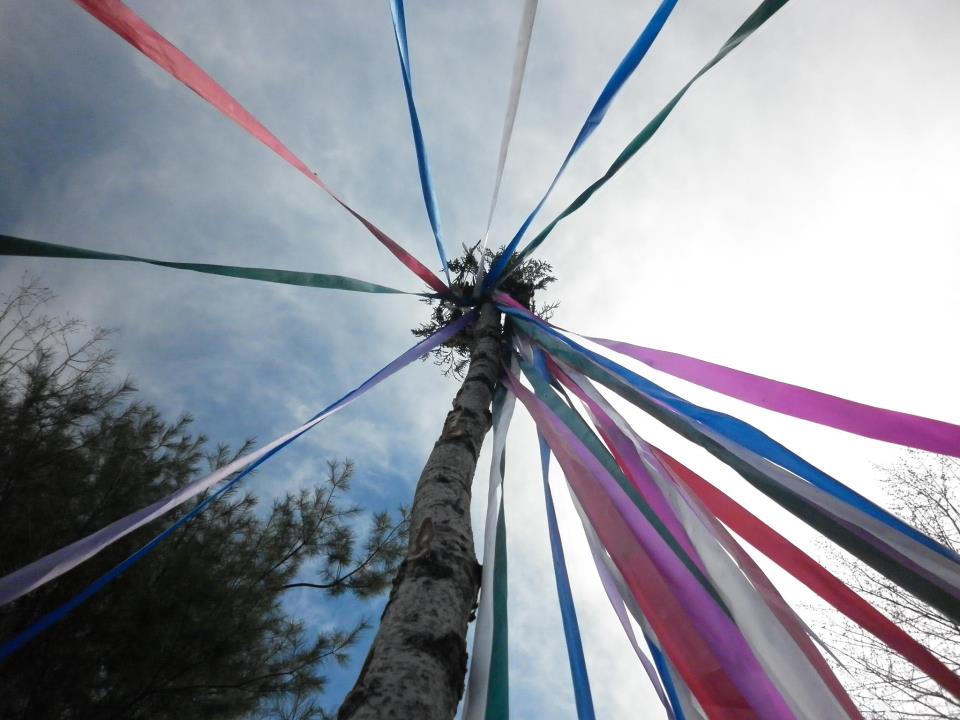

Animated films, pop culture depictions and sixteenth century poets have all distorted the image of witches.
In practice, many witches trace their roots back to the shamanistic religions of early Wales, Ireland, Britain and Scotland, among other countries.
These places each hold separate deities and traditions.
The Greater Fredericton Area Witches (GFAW) follow the Tradition of Reclaiming, a tradition created in San Francisco in the 1970s.
Reclaiming bases itself in social progressivism, environmental activism and personal authority.
Debi Skidmore, a founder of GFAW, said the tradition works myths and fairy tales into magical workings.
“All of the old fairy tales were a way to pass on old knowledge,” said Skidmore.
The traditions of witchcraft are similar to the different sects of Christianity – each one has their own beliefs, deities and rituals they support.
Rituals like Samhain (S-ow-win), a Gaelic festival that marks the end of harvest and the entrance into the “darker half” of the year.
Samhain has been practiced for more than 1,000 years by the Gaelic culture and it was one of the four festivals to mark the changing of the seasons.
The ceremonies are secretive and meant to be an intimate experience between the conductors of the rituals and the deities they’re trying to connect with.
“If you’re going to practice witchcraft, you need good boundaries,” Skidmore said.
Emily Donnelly, another Greater Fredericton Area Witch, agrees.
“Strong boundaries in everything,” said Donnelly. “Not just spiritual or witchcraft-wise, but in your real life too.”
“I don’t think I can say something drew me to witchcraft. It’s more that it’s who I am, who I’ve always been,” Donnelly said.
Witchcraft is considered to be a neo-pagan movement, which means it’s a modern religious practice derived from old pagan beliefs.
In recent decades, people have turned away from larger religious bodies to practice modern interpretations on ancient religions.
Other traditions have come out of this neo-pagan movement such as Feri Tradition, basing itself in sensual experiences and sexual mysticism, or Dianic Wicca, which bases its beliefs in feminism.
“Open” and “closed” are terms that describe whether or not a practitioner of one tradition can practice another tradition simultaneously. This makes some traditions much more exclusive than others in terms of the knowledge surrounding their practices.
“The are some traditions where it’s very rigid and if you are practicing in this tradition, it’s all you do. You practice this tradition and this tradition only,” Skidmore said.
GFAW would consider themselves “open.”
They invite others to go to their rituals and presentations to learn more about what witchcraft is actually all about.
“If someone genuinely wants to know,” said Donnelly. “Go hang out with witches, learn about them, it’s the best way to dispel those rumours.”
